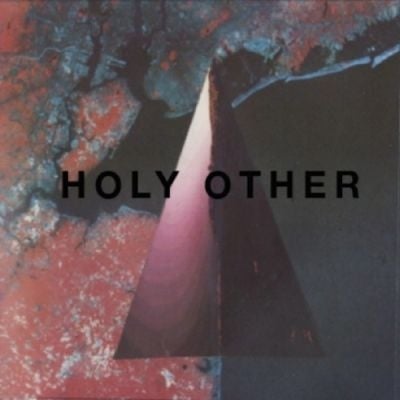
Your support helps us to tell the story
From reproductive rights to climate change to Big Tech, The Independent is on the ground when the story is developing. Whether it's investigating the financials of Elon Musk's pro-Trump PAC or producing our latest documentary, 'The A Word', which shines a light on the American women fighting for reproductive rights, we know how important it is to parse out the facts from the messaging.
At such a critical moment in US history, we need reporters on the ground. Your donation allows us to keep sending journalists to speak to both sides of the story.
The Independent is trusted by Americans across the entire political spectrum. And unlike many other quality news outlets, we choose not to lock Americans out of our reporting and analysis with paywalls. We believe quality journalism should be available to everyone, paid for by those who can afford it.
Your support makes all the difference.“Dubstep” became an even dirtier word in 2012, because of its synonymity with that wobba-wobba-wob noise to which the US mainstream has so unexpectedly taken.
But, even if we prefer not to call them dubstep, many of the year's most adventurous records – from the crystalline shards of sound on Actress's R.I.P., to the late-night lullabies of Held by Holy Other – can at least be said to fall under the category of “bass music”.
On Luxury Problems, Manchester's Andy Stott smeared industrial rumble together with woozy house rhythms and the angelic murmurs of vocalist Alison Skidmore, to almost physical effect. On a lavish release comprising the five-part Music for the Quiet Hour suite as well the three Drawbar Organ EPs, Shackleton explored the further reaches of dubby sonics, skittering drumbeats and Eastern mysticism. Mala introduced some sunnier vibes to his dubstep on the intricate and yet consistently funky Mala in Cuba.
Meanwhile, on the poppier side of the street, Kill for Love by Chromatics, evolved from an abandoned score for the Ryan Gosling film Drive, is at least as achingly sad as it is achingly cool. And Grimes' vocal exuberance and magpie insouciance made her future-pop Visions seem like something we'd all like to share.
Join our commenting forum
Join thought-provoking conversations, follow other Independent readers and see their replies
Comments